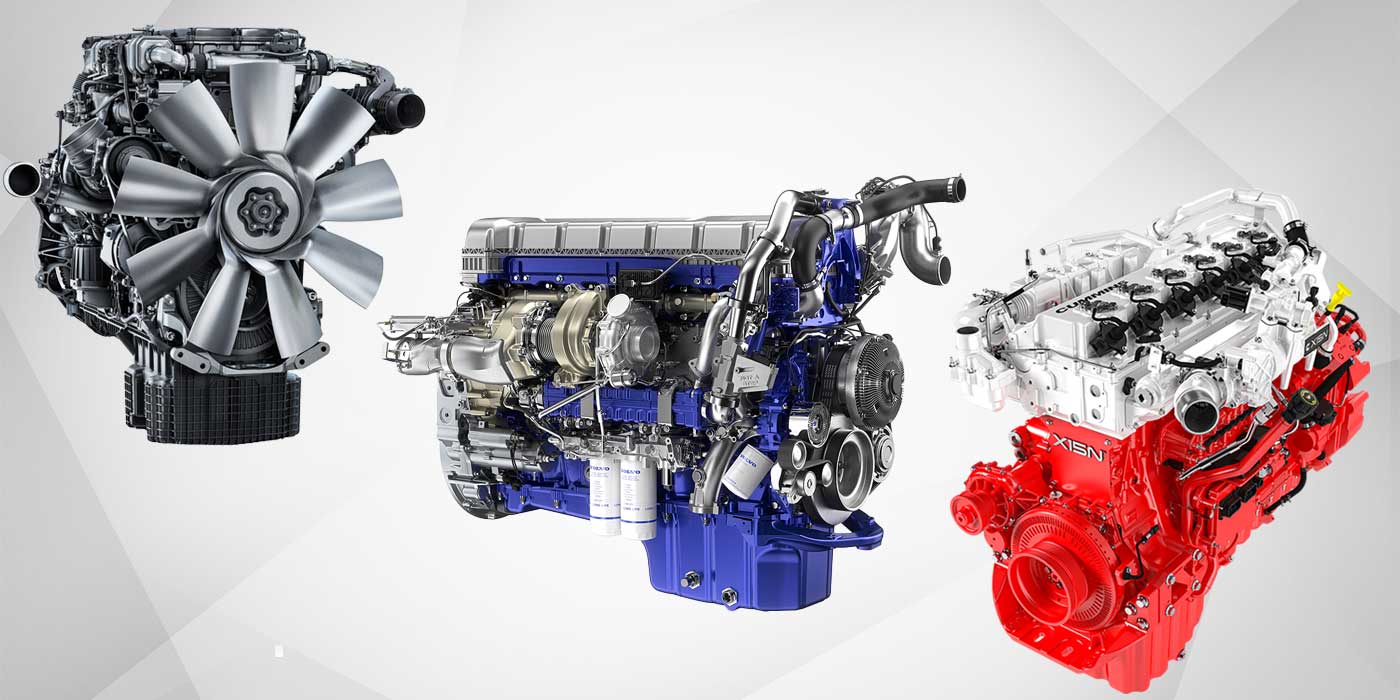A Total Guide to Selecting the Right Engine for Your Project
Choosing the ideal engine for your project is a vital decision that can considerably influence its general success. It is necessary to thoroughly define your project requires, assess efficiency demands, and take into consideration user-friendliness together with various other vital elements. In addition, understanding the area support readily available and inspecting expense effects can additionally improve your choice. Each of these elements plays an essential duty in making certain that your chosen engine not only fulfills prompt purposes yet also aligns with long-term ambitions. As we explore these factors to consider, you may find that the nuances of each aspect expose even more than originally expected.
Specify Your Task Demands
Defining your project needs is an essential action in picking the proper engine for successful application. A detailed understanding of your job's purposes will direct you in determining the capacities and attributes needed from an engine. Begin by describing the range of your task, including the preferred performance, target market, and the certain outcomes you intend to attain.
Next, think about the technical needs that straighten with your task goals. This consists of evaluating the compatibility of the engine with existing systems, in addition to the programs languages and frameworks that will be made use of. Additionally, analyze the degree of scalability required to suit future growth or changes sought after.
Budget constraints likewise play a vital role in defining your project needs. Develop a clear monetary structure to assist your decision-making process, making sure that the engine selected fits within your budget while supplying the needed functionality.
Evaluate Efficiency Needs

Following, take into consideration the scalability of the engine. Evaluate whether it can take care of raised work as your job expands. Engines that sustain horizontal scaling are often preferable for bigger applications. Additionally, assess the engine's efficiency under different conditions, such as peak usage scenarios, to ensure it fulfills your reliability standards.
Consider Convenience of Usage
While technological requirements are important, the simplicity of use of an engine can considerably influence the growth process and general project success. An intuitive interface, clear documents, and streamlined workflows can significantly minimize the learning curve for designers, allowing them to focus on creativity and analytic instead of coming to grips with complex devices.
When reviewing an engine's convenience of use, consider the onboarding experience. A well-structured intro, total with tutorials and example tasks, can promote a smoother change for brand-new customers. In addition, the clarity and comprehensiveness of the engine's documentation play a vital function; thorough overviews and API recommendations can empower designers to fix and implement attributes successfully.
An engine that allows for very easy modifications can be much more straightforward, as go to this website developers can tailor it to fit their certain demands without comprehensive trouble. Ultimately, choosing an engine that focuses on convenience of more usage can lead to a more pleasurable and effective growth experience.
Assess Area and Assistance
The strength of an engine's area and assistance network can considerably affect a developer's experience and success. A lively neighborhood often suggests a wide range of common understanding, resources, and fixing aid that can improve your task's development procedure. When examining an engine, take into consideration the dimension and task level of its neighborhood. Bigger neighborhoods generally use a lot more discussion forums, tutorials, and third-party plugins, enabling designers to locate solutions a lot more efficiently.
Furthermore, examine the availability of official support channels. Trustworthy paperwork, responsive consumer support, and routine updates are vital for resolving technological problems and maintaining your project on course. Engines For Africa. Active neighborhoods also cultivate partnership, supplying chances for networking and comments, which can be important, specifically for independent developers or little teams
In addition, explore the visibility of community-run events, such as hackathons or meetups. These gatherings can enhance your understanding of the engine while connecting you with knowledgeable users and prospective partners. In summary, a robust area and support system not only simplify development yet likewise develop a setting for learning and technology, eventually enhancing the likelihood of your job's success.
Compare Price and Licensing Options
Budget factors to consider play a crucial function in choosing the best engine for your project, as the cost and licensing alternatives can considerably affect both short-term expenses and long-lasting stability. Engines For Africa. Different engines supply differing rates structures, which can consist of single purchase charges, membership designs, or revenue-sharing contracts based on your project's profits

Accrediting alternatives additionally vary considerably. Some engines are open-source, using adaptability and community-driven assistance, while others might require exclusive licenses that restrict use and distribution. Recognizing the ramifications of each licensing design is crucial, as it affects possession civil liberties, future scalability, and possible legal obligations.
Verdict
Finally, choosing the proper engine for a project requires a comprehensive examination of specified project demands, efficiency requirements, simplicity of use, community assistance, and expense factors to consider. By systematically resolving these critical variables, decision-makers can guarantee placement with both current and future project needs. A well-informed choice ultimately improves the chance of job success, allowing reliable source allocation and taking full advantage of potential results within the specified budgetary constraints.
Picking the appropriate engine for your job is a crucial decision that can substantially affect its total success.Defining your task needs is a critical step in choosing the appropriate engine for effective application. A thorough understanding of your task's purposes will direct you in recognizing the features and abilities called for from an engine.Once you have a clear understanding of your job requires, the next action is to evaluate the efficiency needs of the engine.In conclusion, selecting the proper engine for a project necessitates an extensive assessment of defined job requirements, performance requirements, ease of usage, neighborhood support, and expense factors to consider.